Al-Sibtain International University for Medical Sciences, affiliated with the Imam Hussain Holy Shrine, inaugurated the First International Conference on Medical Education (ISUMEC 2025), the largest scientific gathering in Iraq dedicated to medical education. The event brought together more than 100 researchers and academics from inside and outside Iraq to discuss innovation and the applications of artificial intelligence in advancing medical education.
The conference also announced the establishment of a specialized academic center for medical education, marking a new step toward advancing health professions education in Iraq in accordance with international standards.
In his speech, the University President, Dr. Fares Al-Lami, stated that “medical education represents the cornerstone of improving healthcare quality and raising public awareness.” He emphasized that “the university is moving forward with well-planned academic steps to develop this vital sector through the establishment of the Medical Education Center and the organization of the first international medical education conference (ISUMEC 2025) in the holy city of Karbala, with participation from researchers around the world.”
He added that “medical education contributes to promoting the health concept advocated by the World Health Organization. Its role goes beyond preparing doctors to building sustainable public health awareness, reducing mortality and morbidity rates, and enhancing life expectancy and quality of life.”
Dr. Al-Lami further explained that “Al-Sibtain University established a specialized Center for Medical Education a few months ago, developing a clear strategy and comprehensive action plan that includes advanced workshops and training courses aimed at raising the efficiency of medical education in Iraq in line with the vision of the Ministry of Higher Education and Scientific Research.”
He continued, stating that “the International Medical Education Conference is a key component of this strategy and serves as a scientific platform for exchanging experiences and ideas among academics and professionals in the fields of medicine, health, and education.” He confirmed that “the university seeks to make this conference a launching point for the development of medical education programs both locally and regionally.”
Regarding artificial intelligence in medical education, Dr. Al-Lami noted that “integrating intelligent technologies such as machine learning and big data analytics will open broad horizons for developing more accurate and efficient diagnostic and training tools, helping to prepare qualified medical professionals capable of meeting future challenges.”
He pointed out that “the university recently held advanced scientific workshops in cooperation with Tehran University of Medical Sciences on the applications of artificial intelligence in health education, with participation from professors and students of various Iraqi universities, achieving remarkable academic outcomes.”
Dr. Al-Lami also highlighted the importance of scientific research in advancing medical education, noting that “the conference received more than 300 research papers from several countries, including Iran, Pakistan, and a number of regional states. This reflects the growing global interest in this field and enhances Iraq’s position as a scientific hub in the region.”
He concluded by saying, “This conference marks the beginning of a new stage of academic and medical integration in Iraq. The Medical Education Center at Al-Sibtain University will continue its mission in training qualified professors and specialized researchers in service of the health and higher education sectors.”
Meanwhile, the representative of the Minister of Higher Education and Scientific Research, and President of Karbala University, Dr. Sabah Wajid Ali, stated in his speech that “the modern curriculum must be competency-based and integrated, combining academic knowledge with clinical skills.”
He added, “We must move beyond traditional lecture-based methods toward modern educational approaches such as problem-based learning, simulation, and collaborative learning.”



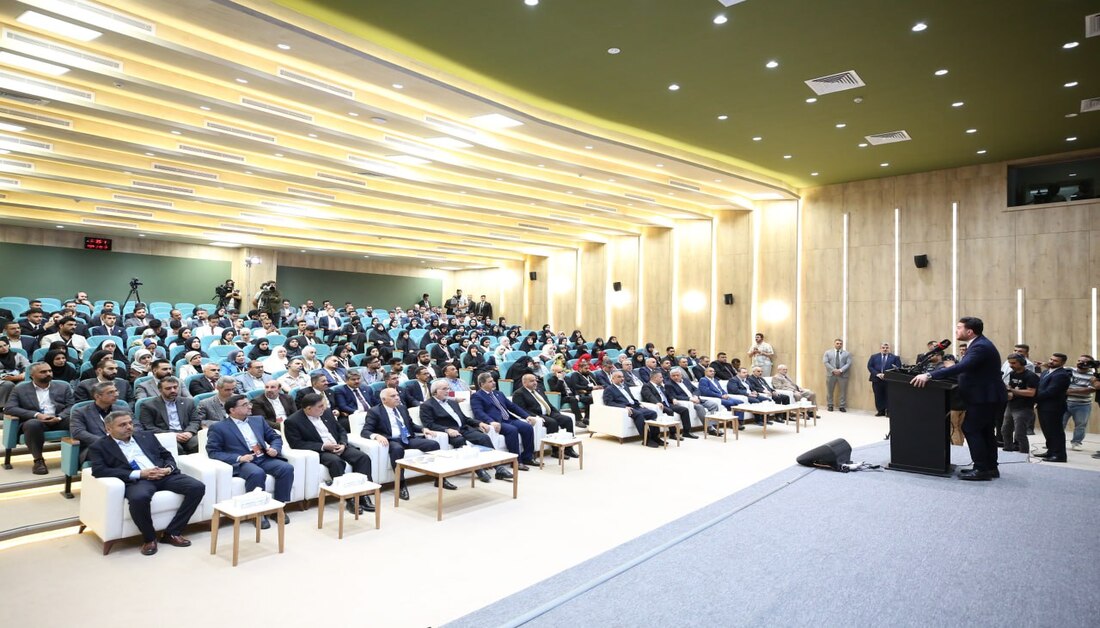
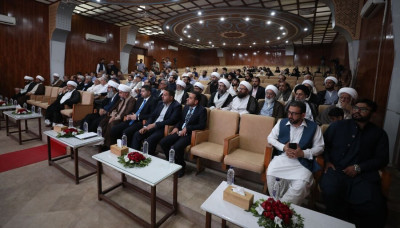
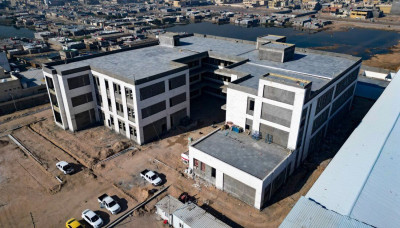

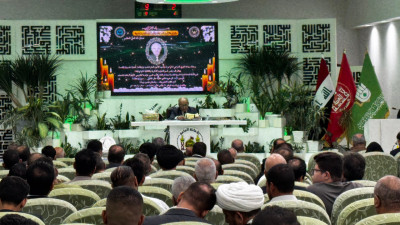
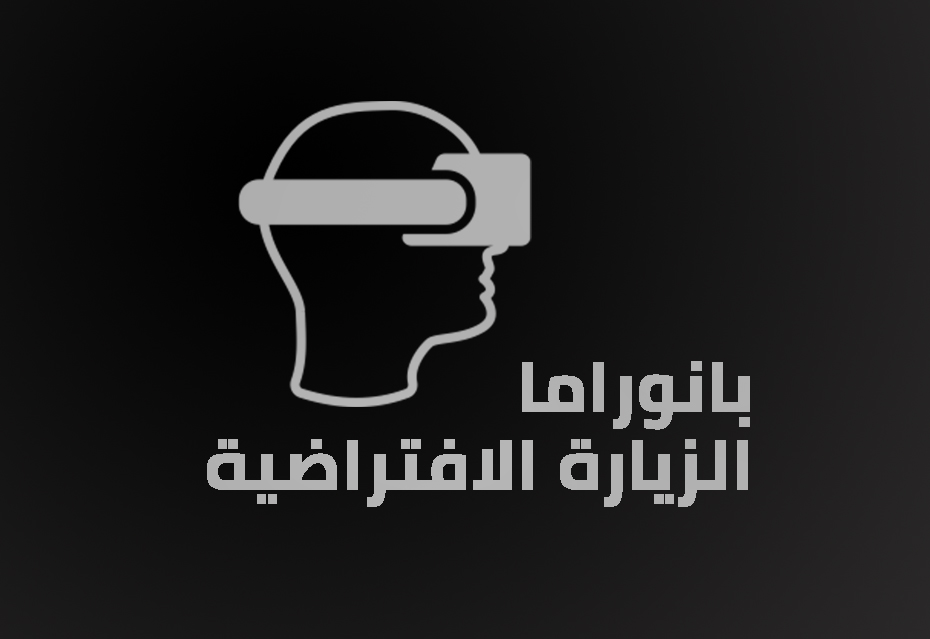
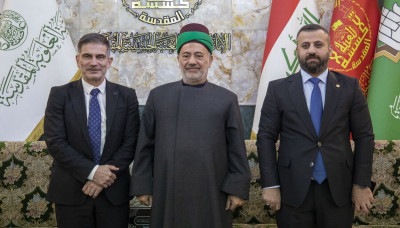



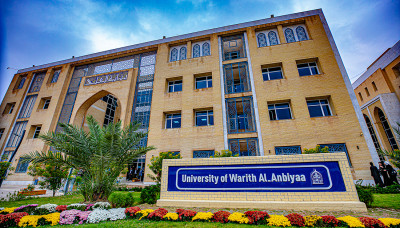
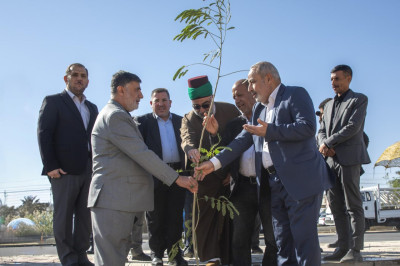
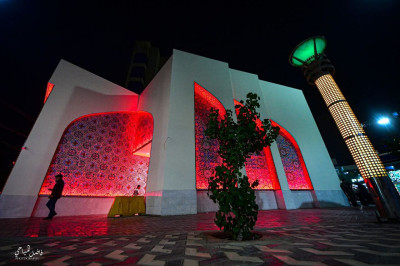
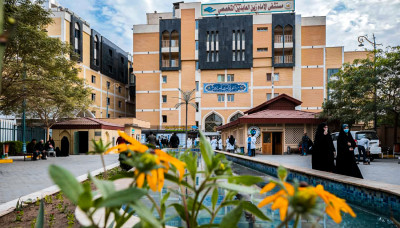

اترك تعليق